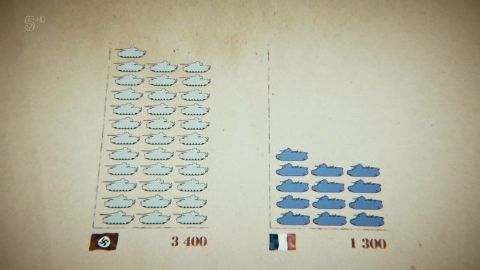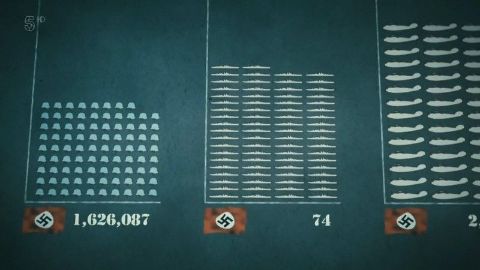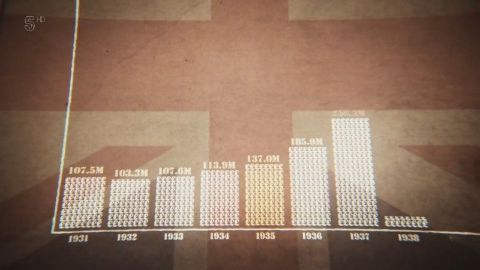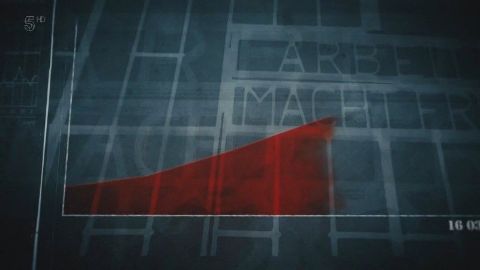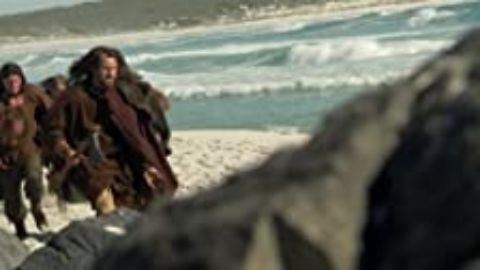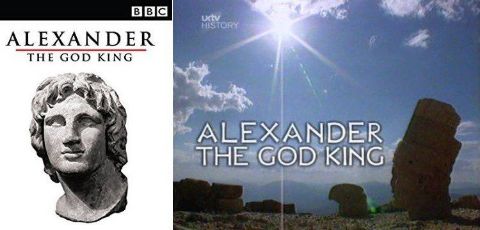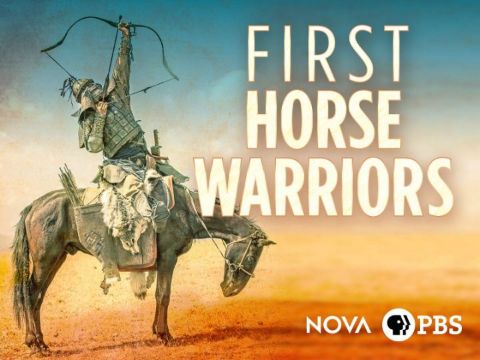The Road to Stalingrad/Leviathan Wakes • 2019 • episode "S1E3" • World War II in Numbers
A look at how Hitler calculated that to fight on long enough to fulfil his aim of eradicating Europe's Jews he needed to capture the Caucasus, and to do that he had to take Stalingrad. There is also a look at how the US rebuilt its navy and took itself from the 18th-ranked army in the world to be second only to the Soviet Union, a tale of ingenuity and enterprise that turned the vast resources of America into the numbers that could win a war.
Make a donation
Buy a brother a hot coffee? Or a cold beer?
Hope you're finding these documentaries fascinating and eye-opening. It's just me, working hard behind the scenes to bring you this enriching content.
Running and maintaining a website like this takes time and resources. That's why I'm reaching out to you. If you appreciate what I do and would like to support my efforts, would you consider "buying me a coffee"?
Donation addresses
BTC: bc1q8ldskxh4x9qnddhcrgcun8rtvddeldm2a07r2v
ETH: 0x5CCAAA1afc5c5D814129d99277dDb5A979672116
With your donation through , you can show your appreciation and help me keep this project going. Every contribution, no matter how small, makes a significant impact. It goes directly towards covering server costs.
